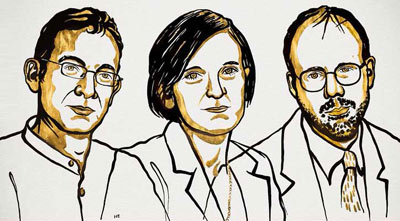German authorities are handing over to Israel some 5,000 documents kept by a confidant of Franz Kafka, a trove whose plight could have been plucked from one of the author’s surreal stories.
The papers being returned Tuesday include a postcard from Kafka from 1910 and personal documents kept by Max Brod, which experts say provide a window into Europe’s literary and cultural scene in the early 20th century.
They are among some 40,000 documents, including manuscripts, correspondence, notebooks and other writings that once belonged to Brod, which are being brought together again in Israel’s National Library. They had ended up in bank vaults in Switzerland and Tel Aviv, a Tel Aviv apartment and in a storage facility in Wiesbaden, Germany, where police found them tucked among forged Russian avant-garde artworks.
“I think he (Kafka) would really be amused,” said National Library archivist and humanities collection curator Stefan Litt, who helped identify the papers recovered in Germany. “He couldn’t invent by himself a better plot.”
The documents recovered in Wiesbaden have little to do with Kafka himself, but make the Brod collection complete and shine a light on Brod and his circle, which included Kafka and other writers, Litt said.
“This is an important chapter in Max Brod’s estate,” Litt said. “And it’s always good for researchers to have as complete a picture as possible.”
Kafka, a Bohemian Jew from Prague who lived for a while in Berlin, was close friends with Brod, himself an accomplished writer. Shortly before his untimely death at 40 of tuberculosis in 1924, Kafka bequeathed his writings to Brod, reportedly telling him to burn them all unread.






















